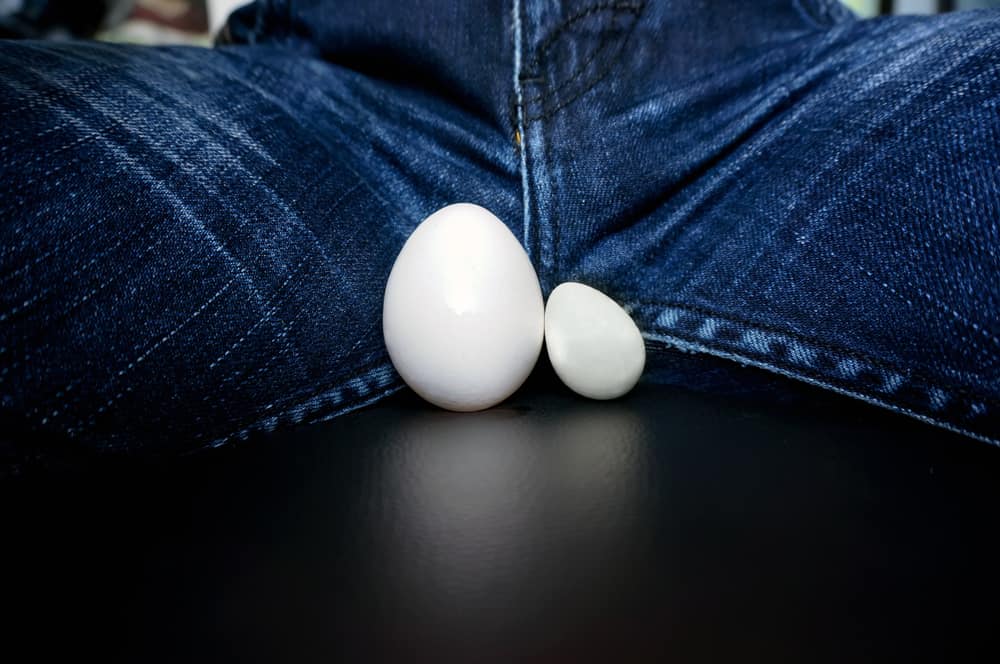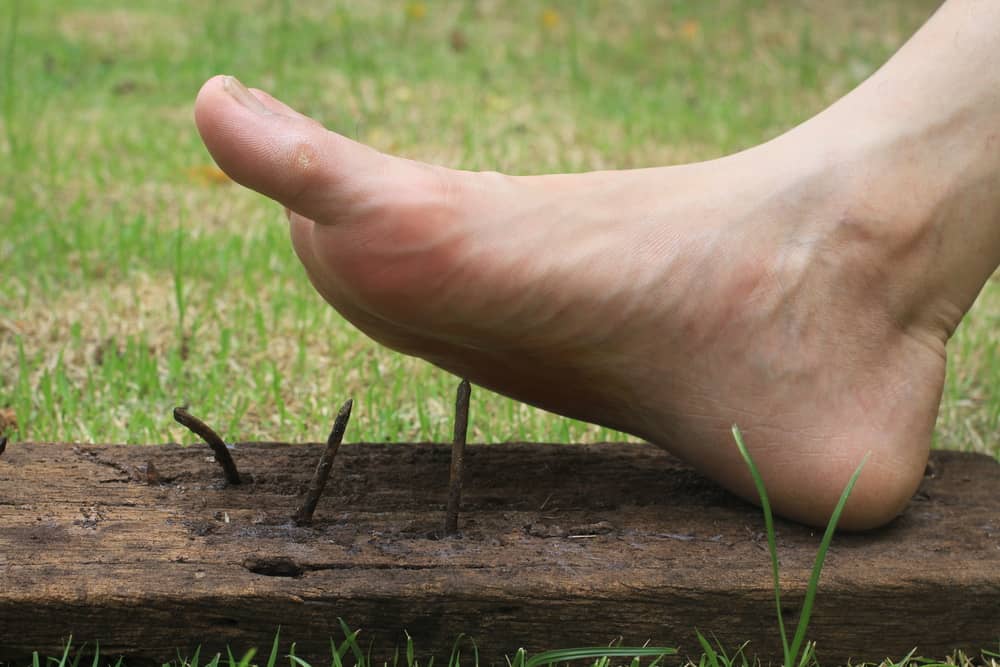Contents:
- Medical Video: Medical Animation: Testicular Cancer
- What is monorchism?
- Various causes of monorchism
- 1. One testicle does not descend into the scrotum (chyptorchidism)
- 2. One testicle disappears (testicular vanishing)
- 3. Removal of one testicle (orchiectomy)
Medical Video: Medical Animation: Testicular Cancer
Normally, men are born with two testicles or testicles that function to produce sperm. However, there is a condition when one testicle does not go down or has only one testis since birth. This condition is called monorchism. So, what are the causes? Find out the answer in the following review.
What is monorchism?
Monorchism is a condition when men only have one testicle. This usually occurs due to a disturbance in embryonic or fetal development and does not have any symptoms. However, the loss of one testis may occur for various other reasons.
Concern about fertility may be experienced by men with this condition. Take it easy, even with one testis can still function as a reproductive organ that guarantees your fertility as a man if later married. Because, like a kidney, if one kidney does not function, a healthy organ will take over its function so that the body stays healthy.
Various causes of monorchism
1. One testicle does not descend into the scrotum (chyptorchidism)
Chyptorchidism is a condition when only one testis drops into the scrotum, usually caused by a fetal development disorder. In some cases, this occurs only in one testicle, but there are about 10 percent of the occurrence of the two testicles not falling. This often occurs in male babies born prematurely.
Normally, the testes begin to develop in the fetal abdominal cavity at 10 weeks' gestation. Increasing gestational age, around 28-40 weeks, the testes are expected to enter the inguinal canal, which is the channel that forms the way for the testes to descend from the abdominal cavity to the scrotum sac. However, in the condition of chyptorchidism, this testicle cannot move towards the scrotum.
If it is known at the beginning of the baby's birth, this testis should drop spontaneously in the first four months of his birth. However, if it still cannot go down, then the operating procedure should be called orchidexexy to lower the testicles to the scrotum. This operation is important in the first year of the baby's birth to avoid loss of testicular function, keep away from the risk of infertility, and prevent testicular cancer.
2. One testicle disappears (testicular vanishing)
During the period of embryonic and fetal development, other problems with testicular development can occur, one of which is that one testicle disappears during development. This is called vanishing testis or testicular regression syndrome.
This problem tends to be undetectable and cannot be treated. This is caused by the presence of testicular torsion disease, injury, or hormonal imbalance during pregnancy which causes the testicles to disappear or vanishing testis.
In this condition, the body's immune system signals that the testicles have been damaged so that macrophages (white blood cells that actively destroy foreign substances or dead cells) become active and eliminate these non-functional organs.
Although this cannot be treated, it is important to do a further examination to make sure the condition that occurs is not cryptorchidism. Because, about 5 percent of cryptorchidism patients also experience this condition.
3. Removal of one testicle (orchiectomy)
Orchiectomy is a surgical procedure that is performed to remove one or two testicles due to several pathological processes. This surgery can be done on the grounds of testicular tumors, serious injuries, testicular torsion disease, and prostate cancer.
In addition to performing the procedure for removing the testes, other surgeries are expected to be carried out to eliminate the pathological process and save some testicular function as long as it can still be done.












